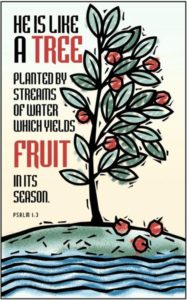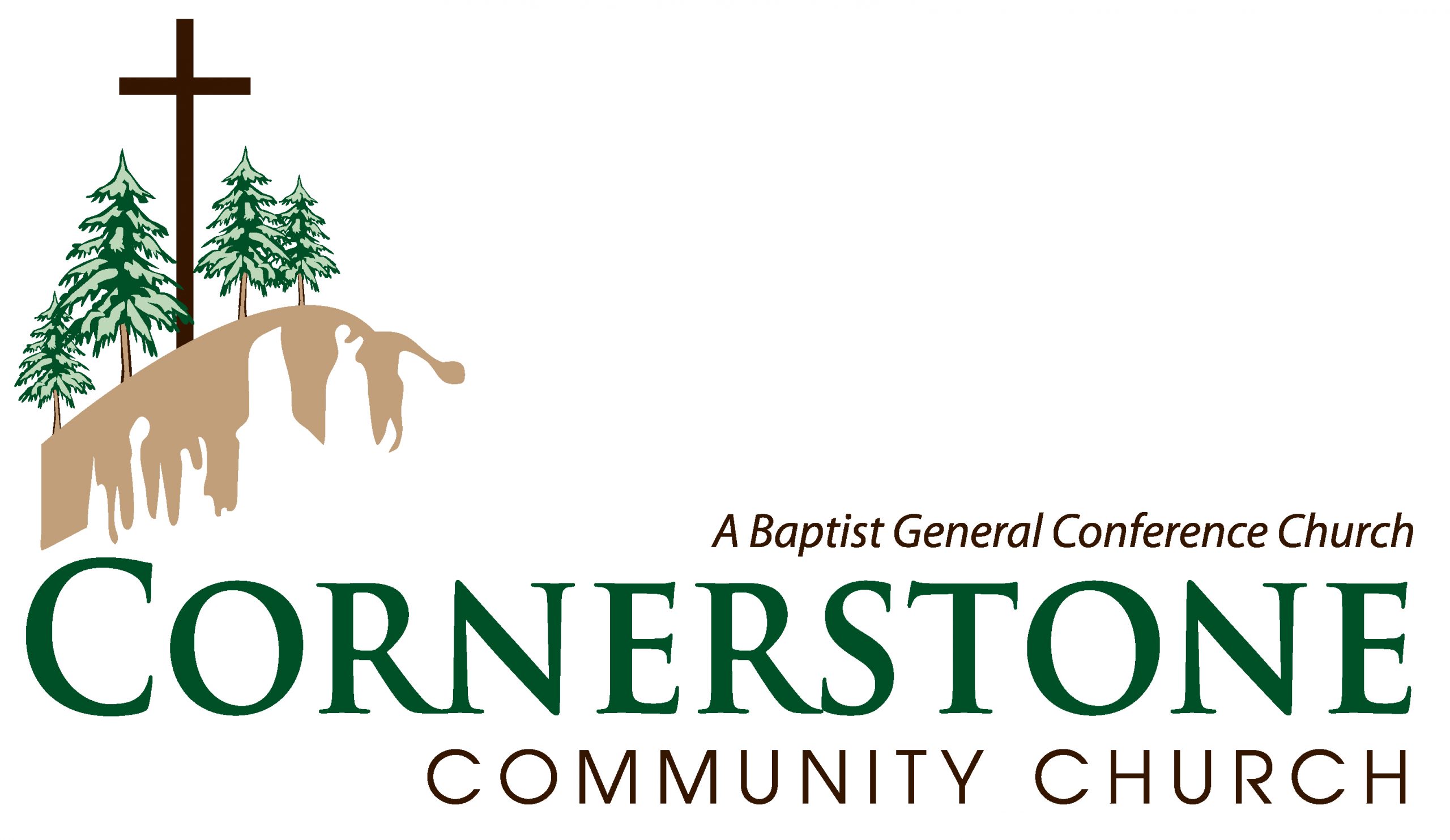Meditations on the Psalms (1:1-3) Part 4
John Fry, writing in 1842, said of Psalm 1,
“I have been induced to embrace the opinion of some of the ancient interpreters (Augustine, Jerome, etc.), who conceive that the first Psalm is intended to be descriptive of the character and reward of the JUST ONE, i.e. the Lord Jesus.”
I am inclined to agree, though with a slight variation. It is certainly no difficult task to see in this Psalm a portrait of the Savior. His blessedness of position and condition is divine. Of Jesus, the Father exclaimed, “You are my beloved Son; with You I am well pleased.” The Father’s pleasure in the Son is further and finally sealed when He raises Christ from the dead and receives Him again into glory, to sit at the Father’s right hand, where He ever lives to make intercession for us. This is His blessedness.
Christ’s way and walk in the world is blameless and undefiled before God. Jesus exemplifies James’ summary of pure religion: “Religion that is pure and undefiled before God, the Father, is this: to visit orphans and widows in their affliction, and to keep oneself unstained from the world” (James 1:27, ESV). In other words, to keep oneself unstained from the world is to walk not in the counsel of the wicked, nor stand in the way of sinners, not sit in the seat of scoffers. And since God made Him Who knew no sin to become sin for us (2 Corinthians 5:21), it is clear that Jesus, our Savior, the representative of the whole human race in God’s great and glorious sovereign plan of redemption, successfully avoided the traps and pitfalls the world presents that rob us of any hope of God’s blessedness. This is His blessedness.
Furthermore, Jesus’ singular delight was in the law of the Lord, the law being not only the words given to Israel through Moses, the covenant law, but the full intent of God’s self-revelation to which the covenant law was the key.
One day, as Jesus was returning to Galilee from Judea, as He passed through the region then called Samaria, He came to a town called Sychar. Jesus, weary from the journey, rested at Jacob’s well there. While He refreshed Himself and waited for His disciples to return from the nearby city with food, Jesus encountered a local woman who had come to the well to draw water.
She had come at an odd hour of the day. It is likely she avoided the other women of the community, probably because her reputation made her the target of disgust from the locals. She was a woman who had had five husbands and was currently living with a man outside marriage. The implication is that she was unfaithful as a matter of practice.
Whatever she might have been, she was spiritually perceptive. When Jesus revealed her current marital status to her, without being told, her response was to identify Him as a prophet. You can find the account of their continuing interaction in John 4.
The point here is that the interaction between the Samaritan woman and Jesus sets the stage for Jesus identifying Who He is. At the end of their conversation, Jesus identifies Himself to the woman as the Messiah, the Christ, the One uniquely chosen, called, and provided by God to deliver His people from the perilous consequences of sin.
And a moment later in the story, Jesus makes another revelation of Himself to His disciples. They have returned from grocery shopping and are urging Him to eat. They are taking care of Him. They are watching out for His well-being. They have observed His travel weary posture and are encouraging Jesus to renew His strength through physical provision.
And Jesus says to them, “I have food to eat that you do now know about.” Of course, they assume someone else must have brought Jesus take-out while they were gone on their errand. But Jesus redirects their understanding when He tells them something especially important about Himself:
“My food is to do the will of him who sent me and to accomplish his work.” (John 4:34, ESV)
Jesus’ strength for living, the delight of His life, His heart, His soul, His mind, and even His body is the Father’s revealed will for Him. And what is the Father’s revealed will, in its entirety, but the law of the Lord?! Jesus’ delight in the law of the Lord is His blessedness.
And again, returning to Psalm 1, Jesus the Christ, the Son of God, is readily seen in the tree planted by streams of water in verse 3. This is not a wild, self-sown tree whose existence is a matter of chance and right conditions. This tree is planted. It’s presence and purpose are by design. Someone has a plan for its life.
When w e think of Jesus as the Christ, we remember that the role of Christ, Messiah, Savior is planned by God and the One Who fulfills that role is specially chosen and empowered by God for the role. He is planned. He is planted.
e think of Jesus as the Christ, we remember that the role of Christ, Messiah, Savior is planned by God and the One Who fulfills that role is specially chosen and empowered by God for the role. He is planned. He is planted.
Jesus’ role as Christ, as Savior is not a matter of random chance but of divine choosing. Paul writes of this to the Galatians,
“But when the fullness of time had come, God sent forth his Son, born of woman, born under the law, to redeem those who were under the law, so that we might receive adoption as sons.” (Galatians 4:4-5, ESV)
When the time was right according to God’s plan, God sent forth His planned Son to accomplish in time God’s eternal plan for lost and sinful humanity. Jesus is the tree planted.
So, it is not hard at all to see Jesus clearly portrayed in the words of Psalm 1, but it is also not hard to see the rest of us. We are the wicked, the sinners, and the scoffers of verse 1 who desperately need a path to blessedness. We are those who do not delight in the Law nor give it the attention is deserves. We are the chaff that the wind drives away in verse 4. We are those who will not stand in judgment, nor in the congregation of the righteous, those whose way will perish in verse 6.
In a word, we are those who lack blessedness, who cannot attain it on our own, and are in need of Someone Who can and does attain blessedness to bring it to us. We are those whose greatest, deepest, highest, mightiest need is for a Savior, a tree planted by the streams of water that yields its fruit in season and its leaf does not wither. We need One who prospers in all He does.
I see Jesus in the Psalm. I see my own reflection as well. And rather than see the Psalm as a comparison between myself and others, between me trying to do right and everyone else doing wrong, I see it as a comparison between all of us and Jesus. I am not more blessed if I do more stuff. I am blessed if I accept through faith as my own all that Jesus has successfully done Himself on my behalf.
He is the Blessed One, and I, we, are blessed when we put our faith in and live by faith in Him. Christ is our Savior and He is our Righteousness. His blessedness is ours through faith in Him.
So, it seems reasonable to me to understand the required action of this Psalm as a negative and a positive. In light of Christ, it is not my role to be a tree planted by the streams of water (that’s the negative and is His role), but it is my role to come to the tree planted by the water and live off the fruit as God’s plan for my life (that’s the positive.)
What do you think?


No Comments